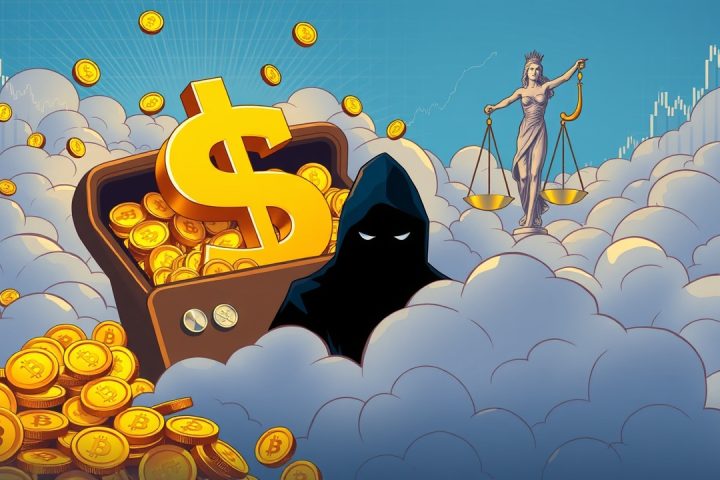Steak ‘n Shake Accepts Bitcoin
Fast food enthusiasts who are also invested in Bitcoin can now enjoy burgers and fries at Steak ‘n Shake locations across the U.S. after the restaurant chain announced it would accept cryptocurrency as a form of payment this month. However, patrons should be cautious and keep their receipts, as every transaction made with Bitcoin—no matter how minor, such as a $3 soda or a $14 meal combo—constitutes a taxable event according to tax professionals consulted by Decrypt.
Tax Implications of Bitcoin Transactions
Bitcoin transactions are treated similarly to stocks or bonds under IRS regulations, which classify cryptocurrencies as property rather than currency. Therefore, spending Bitcoin is considered disposing of an asset, leading to potential capital gains or losses that shoppers must report on their tax returns next April to avoid complications with the Internal Revenue Service (IRS). Lawrence Zlatkin, a tax vice president at Coinbase, explained that anyone using Bitcoin for purchases is engaging in a taxable transaction.
“When individuals buy and later use Bitcoin at places like Steak ‘n Shake, they must determine the difference in value between their purchase price and the current market value of the cryptocurrency.”
This calculation will yield either capital gains, which need to be reported, or losses. For instance, if someone purchased $100 worth of Bitcoin that total increased to $300, and they used the entire amount to buy a pair of jeans, they would realize a gain of $200—thus requiring tax reporting. Tax experts highlight that the IRS prefers the “first in, first out” (FIFO) method for calculating tax obligations for cryptocurrencies. This implies that the first Bitcoin bought is considered the first sold, simplifying how transactions are reported.
Managing Crypto Finances
Certified accountants specializing in crypto tax laws can assist individuals in managing their finances, and various tax software tools are available to track digital asset transactions. Experts advise taxpayers to remain consistent in their chosen accounting method over the tax year.
While the IRS doesn’t typically audit small discrepancies in tax filings for minor purchases, changes may be on the horizon in response to recent administrative shifts. A report from the Treasury Inspector General for Tax Administration outlines how federal resources to enforce tax regulations have been reduced, raising questions about oversight moving forward. Experts suggest the potential for less rigorous enforcement in the future, though they emphasize not to ignore reporting obligations.
Future of Crypto Transactions
Looking forward, there is hope among industry advocates for the introduction of a de minimis exemption for small crypto transactions (ideally under a $300 threshold), which could ease the reporting burden for small purchases. However, until such changes take effect, any meaningful transaction—such as buying a $20 meal with Bitcoin—requires careful documentation.
In contrast, utilizing stablecoins like USDC for transactions can present a less complicated alternative, as these digital currencies are pegged to the U.S. dollar and do not create taxable events when used directly for purchases. Nevertheless, converting Bitcoin to stablecoins is also a taxable transaction. Therefore, for those looking to dine with cryptocurrency, it may be prudent to reconsider payment methods to avoid potential tax ramifications.
Edited by James Rubin

















